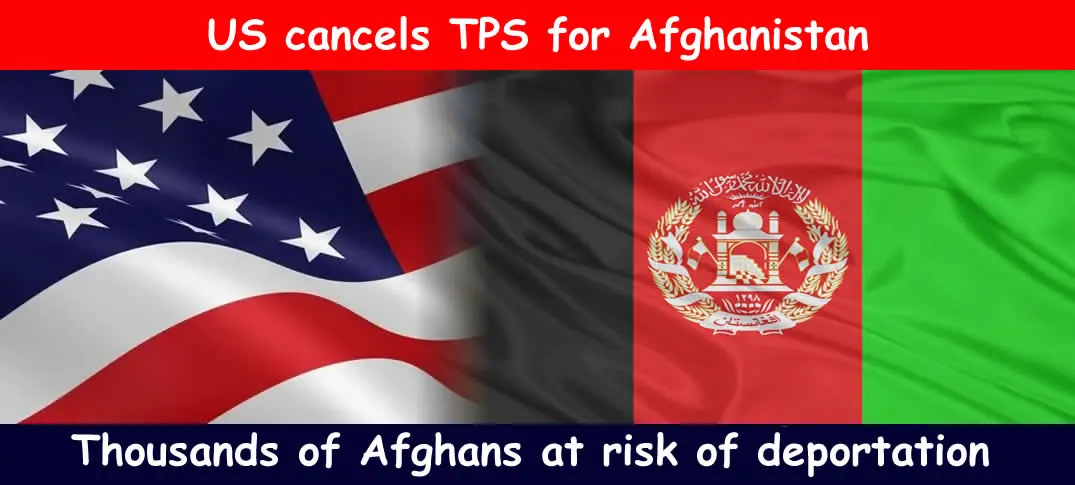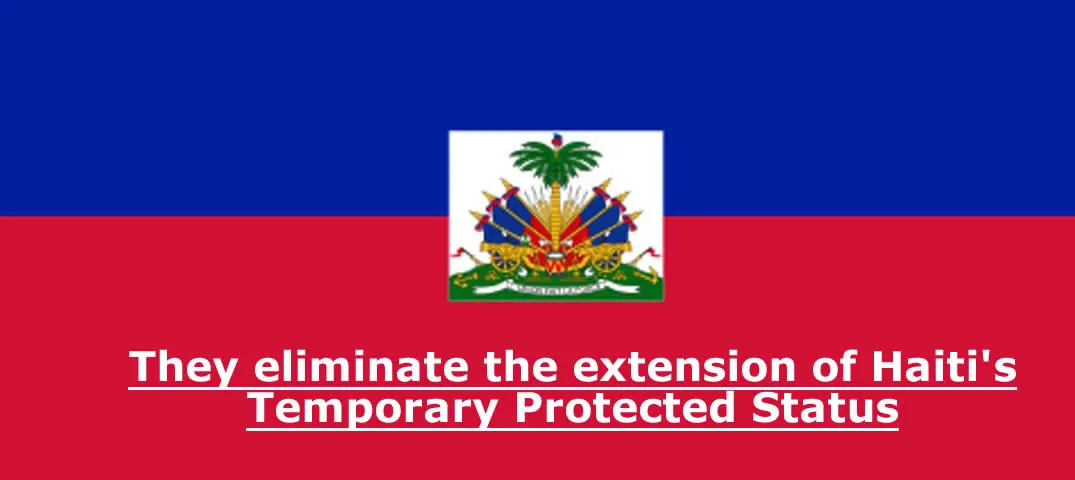Secretary of Homeland Security Kristi Noem announced the termination of Temporary Protected Status for Afghanistan. The TPS designation for the country expires on May 20, 2025, and the termination will be effective on July 12, 2025, a measure that affects more than 9,000 people who were legally residing in the country under this humanitarian protection.
What is TPS and why was it granted to Afghanistan?
TPS is a program that allows citizens of countries affected by armed conflict, natural disasters, or other extraordinary conditions to reside and work temporarily in the U.S. without fear of deportation. Afghanistan was designated for this status in 2022, following the withdrawal of U.S. forces and the Taliban regime's takeover, which raised security and human rights concerns in the country.
Why is TPS being canceled for Afghanistan?
Secretary of Homeland Security Kristi Noem stated that, following a review of conditions in Afghanistan, it was determined that the requirements for maintaining the TPS designation are no longer met. According to the DHS, improvements in the country's security and economic stability have been observed, which would allow for the safe return of its citizens. In addition, concerns were raised about potential fraud and threats to national security related to some TPS beneficiaries.
Reactions and Criticisms
Organizations advocating for immigrant and refugee rights have expressed concern about this decision. They argue that many of the TPS beneficiaries are individuals who collaborated with US forces in Afghanistan and face significant risks if they return to the country, especially under the Taliban regime. Furthermore, they note that the humanitarian situation in Afghanistan remains precarious, with severe restrictions on the rights of women and minorities, and an economy in crisis.
At least 60 days before a TPS designation expires, the Secretary, after consultation with appropriate U.S. government agencies, is required to review the conditions in a country designated for TPS to determine whether the conditions supporting the designation continue to be met, and if so, how long to extend the designation.
“This administration is returning TPS to its original temporary intent,” said Secretary Kristi Noem.“We’ve reviewed the conditions in Afghanistan with our interagency partners, and they do not meet the requirements for a TPS designation. Afghanistan has had an improved security situation, and its stabilizing economy no longer prevent them from returning to their home country. Additionally, the termination furthers the national interest as DHS records indicate that there are recipients who have been under investigation for fraud and threatening our public safety and national security. Reviewing TPS designations is a key part of restoring integrity in our immigration system.”
After consultation with interagency partners, Secretary Noem determined that conditions in Afghanistan no longer meet the statutory requirements. The Secretary’s decision was based on a U.S. Citizenship and Immigration Services review of the country conditions and in consultation with the Department of State. The Secretary determined that, overall, there are notable improvements in the security and economic situation such that requiring the return of Afghan nationals to Afghanistan does not pose a threat to their personal safety due to ongoing-armed conflict or extraordinary and temporary conditions. She further determined that permitting Afghan nationals to remain temporarily in the United States is contrary to the national interest of the United States.
Next Steps for Those Affected
The cancellation of TPS for Afghanistan will take effect on July 12, 2025. Until then, current beneficiaries will maintain their status and work authorization. Many are expected to seek other legal avenues to remain in the U.S., such as asylum applications or special visas, although these processes can be lengthy and complex.
This decision is part of a series of measures by the current administration to review and, in some cases, revoke TPS designations for several countries, including Venezuela and Haiti, which has sparked debates about U.S. immigration policy and humanitarian obligations.



